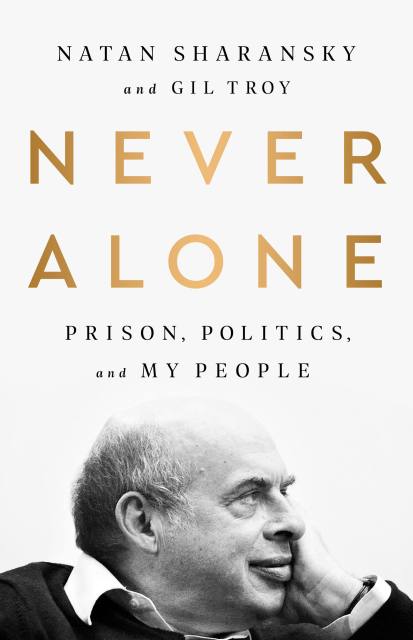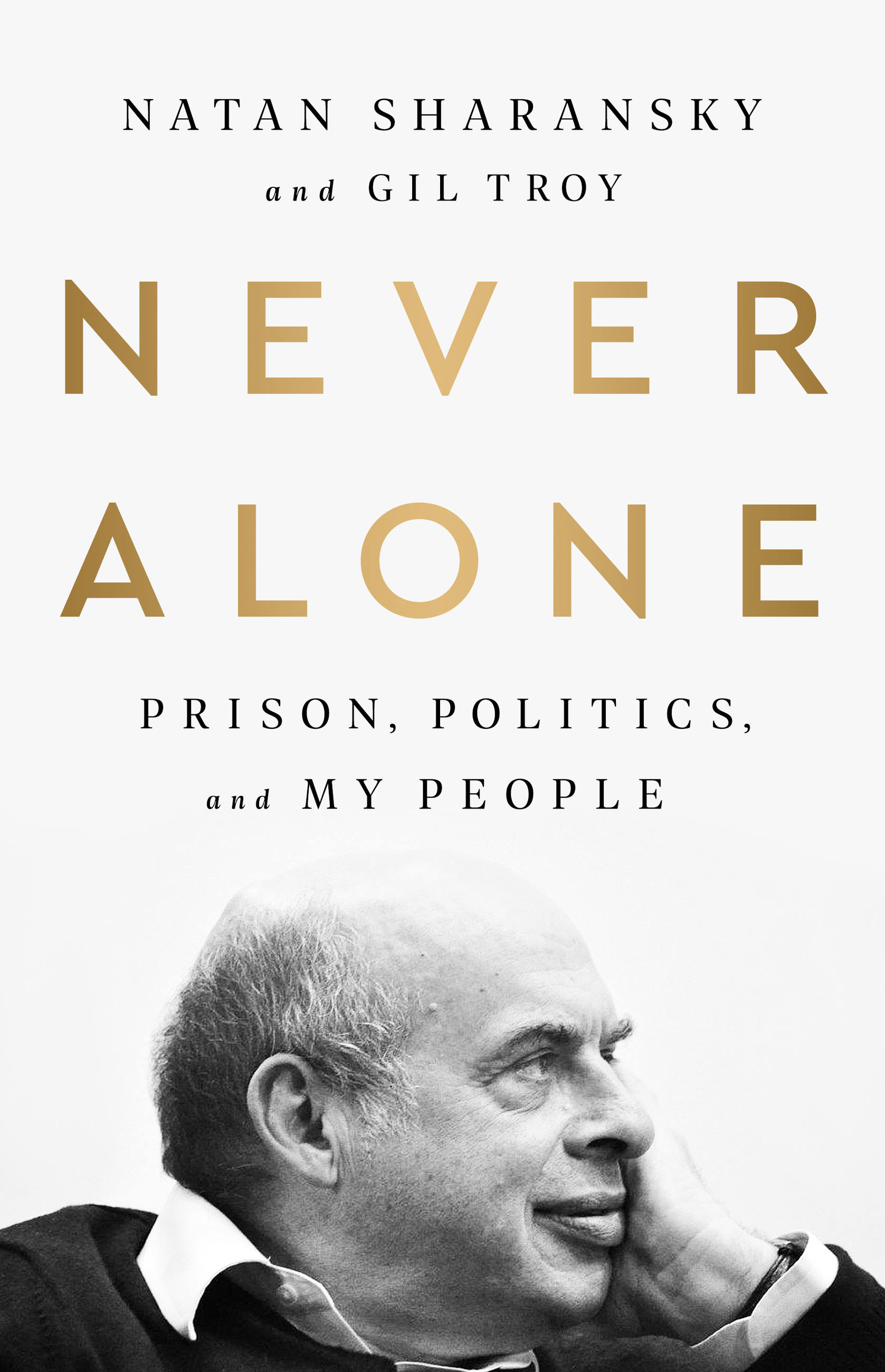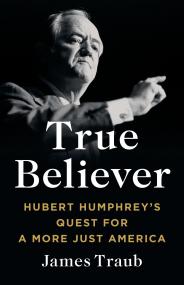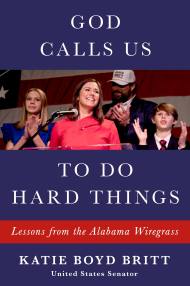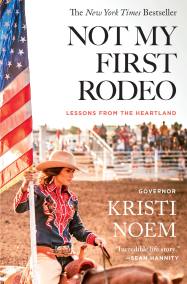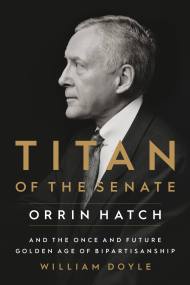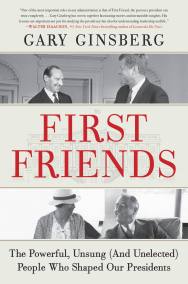Promotion
Use code MOM24 for 20% off site wide + free shipping over $45
Never Alone
Prison, Politics, and My People
Contributors
By Gil Troy
Formats and Prices
Price
$19.99Price
$24.99 CADFormat
Format:
- Trade Paperback $19.99 $24.99 CAD
- ebook $14.99 $19.99 CAD
- Hardcover $30.00 $38.00 CAD
- Audiobook Download (Unabridged)
This item is a preorder. Your payment method will be charged immediately, and the product is expected to ship on or around July 25, 2023. This date is subject to change due to shipping delays beyond our control.
Also available from:
A classic account of courage, integrity, and most of all, belonging
In 1977, Natan Sharansky, a leading activist in the democratic dissident movement in the Soviet Union and the movement for free Jewish emigration, was arrested by the KGB. He spent nine years as a political prisoner, convicted of treason against the state. Every day, Sharansky fought for individual freedom in the face of overt tyranny, a struggle that would come to define the rest of his life.
Never Alone reveals how Sharansky's years in prison, many spent in harsh solitary confinement, prepared him for a very public life after his release. As an Israeli politician and the head of the Jewish Agency, Sharansky brought extraordinary moral clarity and uncompromising, often uncomfortable, honesty. His story is suffused with reflections from his time as a political prisoner, from his seat at the table as history unfolded in Israel and the Middle East, and from his passionate efforts to unite the Jewish people.
Written with frankness, affection, and humor, the book offers us profound insights from a man who embraced the essential human struggle: to find his own voice, his own faith, and the people to whom he could belong.
Genre:
- On Sale
- Jul 25, 2023
- Page Count
- 416 pages
- Publisher
- PublicAffairs
- ISBN-13
- 9781541742444
Newsletter Signup
By clicking ‘Sign Up,’ I acknowledge that I have read and agree to Hachette Book Group’s Privacy Policy and Terms of Use
